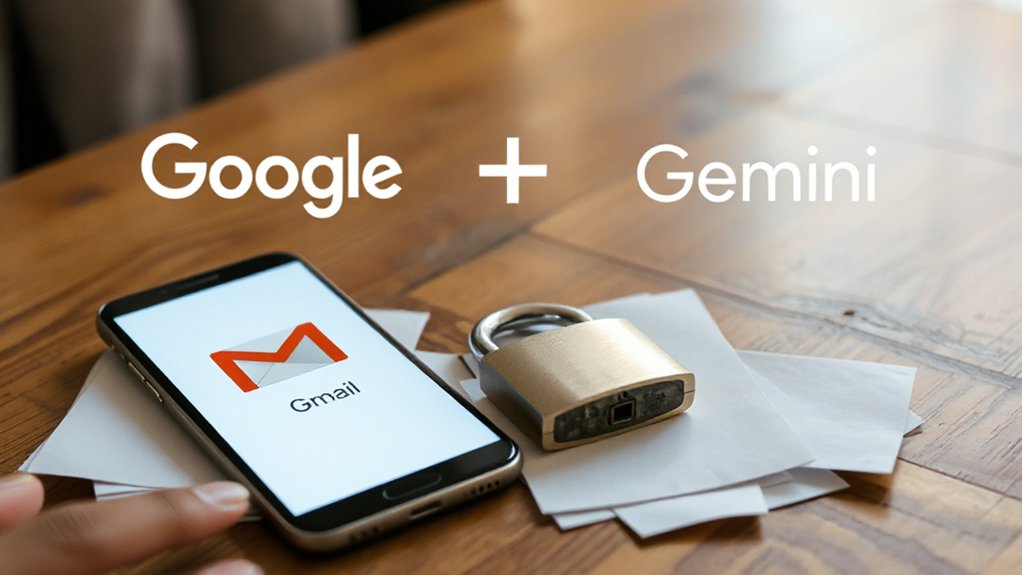Browsers and apps are tracking users like never before, capturing everything from keystroke patterns to ultrasound signals that humans can’t even hear. The numbers tell a disturbing story. Brave blocks 95% of trackers by default, which means the average browser lets through a staggering amount of surveillance tech. Firefox’s fingerprinting resistance only cuts unique user IDs by 34%. That’s… not great.
The real nightmare? In-app browsers. These embedded web viewers inside apps like TikTok can monitor every tap, swipe, and click with minimal transparency. Security experts found keystroke logging capabilities baked right into major apps’ iOS browsers. Yeah, they might be watching you type your passwords. Fun times.
Chrome still dominates with 66.6% market share, despite its reputation as a data vacuum. But something’s shifting. About 70% of adults worldwide have taken steps to improve their online privacy, and 29% have actually changed their default privacy settings. People are waking up, slowly. DuckDuckGo demonstrates this shift, generating revenue through non-targeted ads while refusing to collect any user data.
Chrome controls two-thirds of browsers while 70% of users scramble to patch their privacy leaks
The browser wars have morphed into privacy battles. Chrome deploys AI-powered scam detection. Edge throws in SmartScreen filtering and a built-in VPN, cutting phishing by 40%. Firefox sets benchmarks with Enhanced Tracking Protection. Even Safari’s jumping in, though they’re mostly bragging about battery life.
Privacy-focused browsers like Brave, Epic Privacy Browser, and Firefox keep gaining ground. They’re the underdogs punching above their weight class. Enterprise users drive adoption too, with specialized browsers protecting 85% of work activities and securing 90% of known vulnerabilities.
The worst part about in-app browsers? They’re basically phishing playgrounds. Limited warning systems, no proper security tools, massive blind spots for mobile privacy. Using them for banking or shopping is like leaving your wallet on a park bench. Among IT professionals, 55% identify hackers as threats to data security, yet these browsers create perfect entry points. The risks parallel health insurance AI systems, where data breaches of sensitive personal information remain a significant concern.
Still, only 26% of users have enabled privacy features or extensions. The rest? They’re living dangerously, apparently comfortable with browsers and apps that treat personal data like an all-you-can-eat buffet. The tools exist. The warnings are clear. Whether people actually listen is another story entirely.









